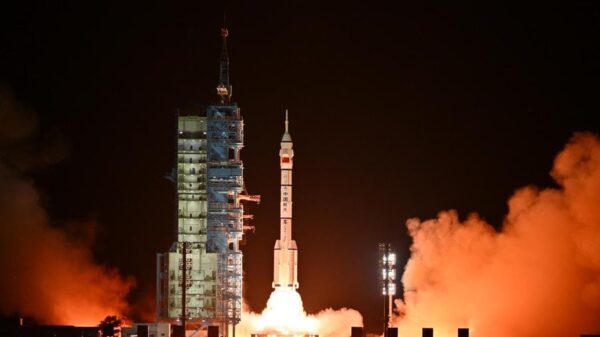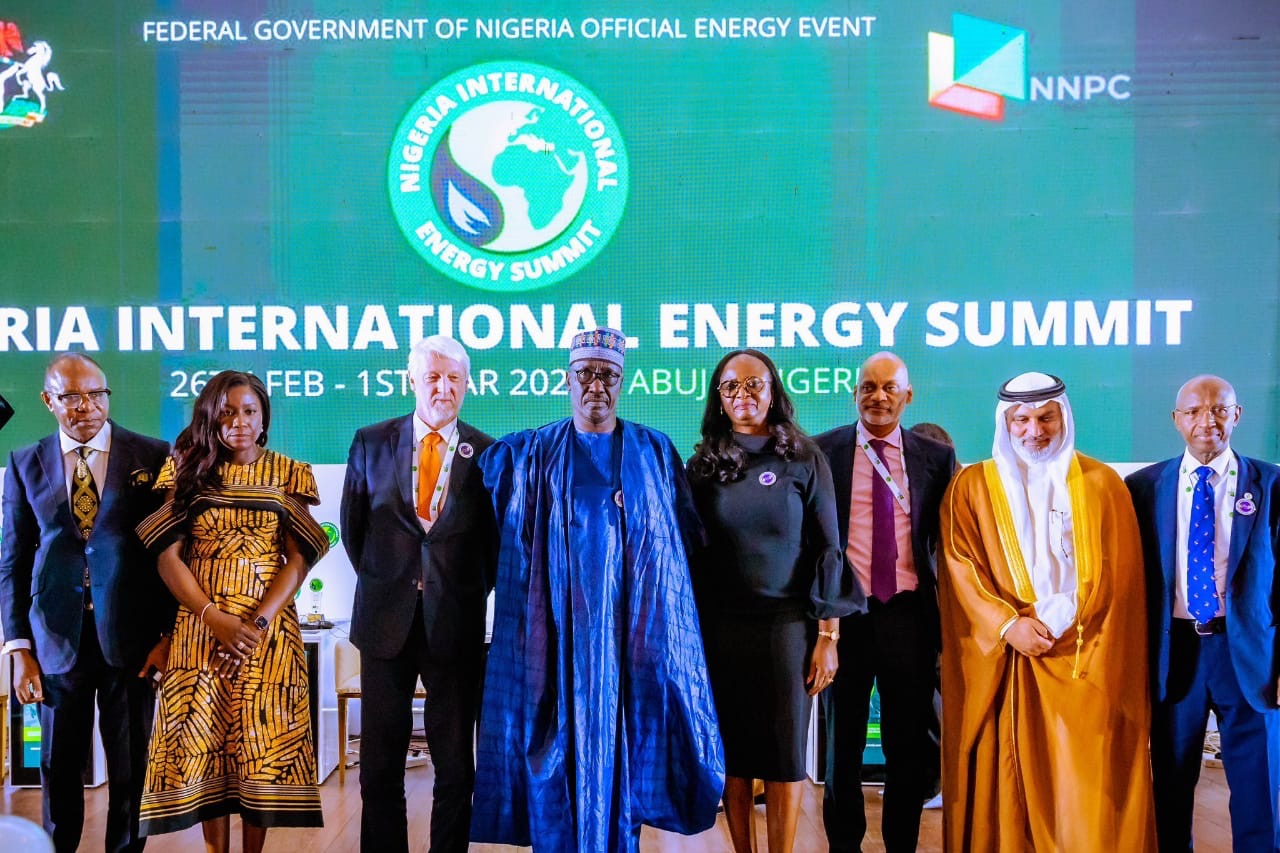At the International Energy Summit (NIES 2024) holding in Abuja, Nigeria has explained that the International Oil Companies (IOC) were not relocating but shifting their portfolios and investments to offshore, leaving the onshore to indigenous oil companies.
Nigeria’s Minister of State for Petroleum Resources (Oil), Mr Heineken Lokpobiri, made the clarifications on Wednesday at the inauguration of the ongoing Nigeria International Energy Summit (NIES 2024), at the Presidential Banquet Hall in Abuja.
“I want to use this opportunity to assure everyone that no IOC is leaving Nigeria. They are only going deep offshore,” he said.
The minister said that the divestments by some of the oil companies would benefit the country, as the IOCs would be making further investments in the deep offshore.
The investments, according to Lokpobiri, will create room for indigenous companies to develop capacity within the onshore and shallow waters space.
“It is imperative to note that we are strategically managing the divestment processes.
“Our commitment to enhancing our crude oil reserves and production is unwavering, and we are actively exploring innovative solutions to attract investment, optimise operations and foster sustainable growth.
“We are open for business and ready to welcome your investments,” he said.
According to Lokpobiri, the transition to cleaner and more sustainable energy sources in the country is inevitable.
“We are actively pursuing initiatives to position Nigeria as a leader in this energy transition.
“As we navigate this change, Nigeria recognises the need to strike a balance between meeting our growing energy demand and reducing our carbon footprint.
“The diversification of our energy mix, investments in renewable energy and the adoption of cleaner technologies are all integral components of our strategy,” he added.
The minister explained that investments in Nigeria’s oil and gas industry declined by 69 per cent compared to the 28 percent global average between 2017 to 2022.
“To further buttress the above, the capital investment to reserve ratio shows the amount of capital deployed to a country’s available reserves.
“Nigeria has an abysmal capital investment-to-reserve ratio of five per cent compared to Angola with 46 per cent; Brazil – 115 per cent; Mozambique – 92 per cent and Guyana – 617 per cent.
“The window for attracting new investments and exploring our vast reserves is fast narrowing; if the global energy transition accelerates, approximately 60 per cent of Nigeria’s reserves could be uncompetitive to produce.
“Against this backdrop, we have identified that there are so many licenses with proven reserves that are not being optimised in the hands of IOCs, NOCs, and others.
“In line with Mr President’s Renewed Hope agenda, we are working on changing this narrative,” he said.
Mr Mele Kyari, Group Chief Executive Officer (GCEO), Nigeria National Petroleum Corporation Limited (NNPCL)., assured that the company’s role in the divestment of the IOCs from onshore and shallow water assets in the country, would serve as a facilitator and not an obstacle.
Kyari said that by the virtue of its statutory mandate as the enabler of national energy security, NNPCL’s role would ensure optimal and sustainable production from the divested assets to guarantee energy security for the benefit of Nigerians.
He reitrated the company’s willingness to invest in the proposed African Energy Bank as a way of ensuring sustainable funding for energy projects in Africa, to guarantee energy security.
On investment in energy infrastructure to drive energy security, Kyari further said that the completion of the Obiafu-Obrikom-Oben Pipeline was in sight as the tunnelling across the River Niger was currently ongoing.
He assured stakeholders of the company’s commitment to work with them to close the energy deficit gap and create prosperity for Nigerians.
He ssid that from all indications, all issues of energy scarcity in the country would be over in the next 10 years.
The event saw the participation of key industry and governmental figures, including Haitham Al-Ghais, Secretary-General of OPEC and Omar Farouk Ibrahim, Secretary-General of the African Petroleum Producers’ Organisation, among others.
Meanwhile, the Indigenous Petroleum Producers (IPPG) reported that IOCs’ divestment signals expediential growth of the indigenous companies and participation in the energy sector.
Mr Abdulrazaq Isa, Chairman, IPPG/Waltersmith Group said: “In the light of the IOCs divestment in Nigeria it is evident that an unprecedented transformation shift is on-going.
“It signals expediential growth of the indigenous companies’ participation in the country’s energy sector which will lead to increase empowerment, economic growth and sustainable management of Nigeria’s hydrocarbon resources.
“Indigenous operators will gain incremental expertise, leading to capacity growth in the industry,’’ Isa said.
Isa said in overall, the divestment of oil and gas assets to indigenous operators in Nigeria would foster greater sustainability, prosperity and inclusivity within the industry and broader economy.
He said as this new dawn emerged for the industry, driven by the indigenous operators, energy security as well as accelerated value capture from Nigeria’s hydrocarbon assets, socio-economic development and transformation of citizens must remain a priority.
“It is on this very important note that the IPPG is passionately praying for expedited conclusion and closure of the divestment processes.
“The current status where the sellers have signalled full intentions to leave, whereas the buyers are yet to effectively take over the operations of the assets, is very detrimental to the sector and the country.
“The industry would be most appreciative of the prompt intervention of government to untangle all issues and diligently fast track all relevant approvals,’’ he said.
He commended the Nigerian Upstream Petroleum Regulatory Commission (NUPRC) for putting in place, a robust framework to guide the divestment process.
The global summit is being convened by the Federal Government as its official energy, oil and gas event, with the Nigerian National Petroleum Company Limited (NNPC Ltd) as the national host.
























